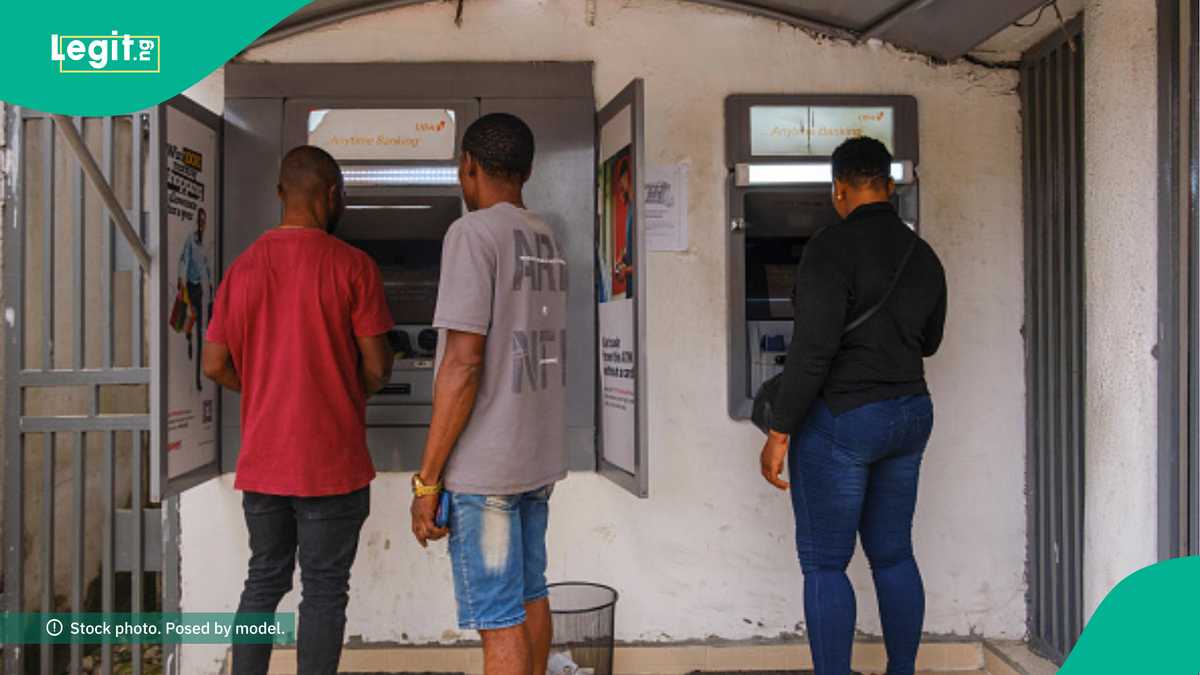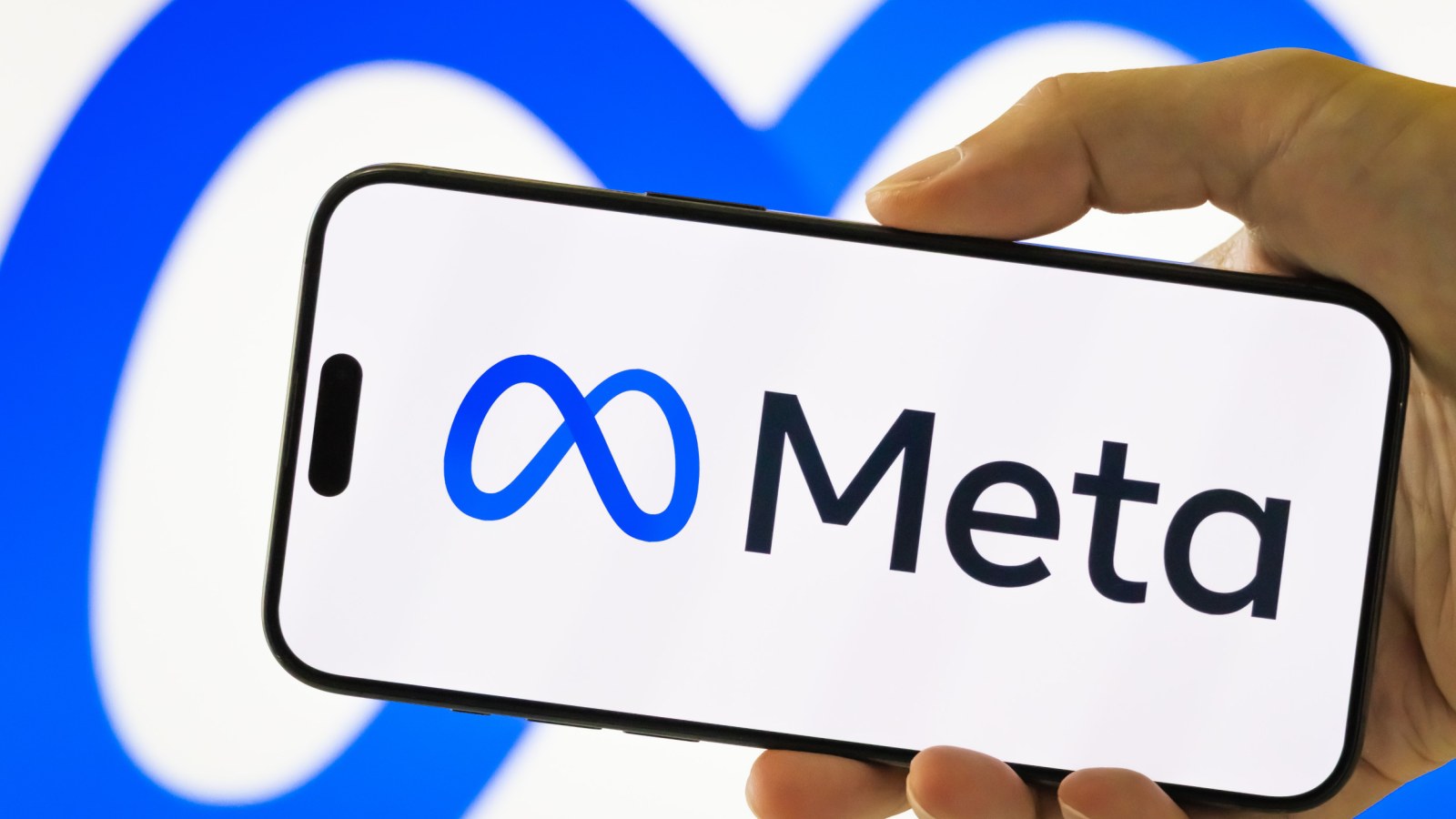By Bayo Olupohunda,Dave Ibemere
Copyright legit

Sterling Bank has decided to remove all account maintenance fees on personal savings accountsThe move follows the April 2025 scrapping of transfer fees as part of its push for customer-friendly bankingAccount maintenance charges are one of the major revenue sources for Nigerian banks, with tier-1 lenders earning ₦650 billion from them in 2024
Legit.ng journalist Dave Ibemere has over a decade of experience in business journalism, with in-depth knowledge of the Nigerian economy, stocks, and general market trends.
Sterling Bank has announced it will no longer charge its customer personal account maintenance fee.
The bank described the gesture as a gift to Nigerians on the country’s 65th Independence Day.
The announcement was made on Wednesday, October 1, just six months after the bank scrapped transfer fees on local online transactions
What is account maintenance fee
This is a monthly fee charged on current accounts based on the level of customer-induced debit transactions that occur during the month.
The fee does not apply to bank-induced debits or customer-induced transfers to other accounts with the same name in the same bank.
Sterling bank looks to wins customers
With the back-to-back removal of transfer and account maintenance fees, Sterling is consolidating its reputation as one of the most disruptive players in Nigeria’s retail banking industry, Punch reports.
Sterling’s Managing Director, Abubakar Suleiman, said in a statement:
“Every fee we remove is one less barrier between our customers and true financial freedom.
“This was the rationale behind eliminating transfer fees in April, and it is the same principle we uphold as we eliminate account maintenance fees.”
Sterling framed the latest move as a “declaration of financial independence,” saying it would allow customers to retain more of their earnings.
The bank’s Growth Executive for Consumer and Business Banking, Obinna Ukachukwu, said the initiative was about building “lasting relationships that fuel sustainable growth” while putting transparency and customer value first.
Account maintenance rule of CBN
Account maintenance charges have long been a source of frustration for bank customers, who say the deductions, though small, steadily eat into balances.
In 2024 alone, Nigeria’s tier-1 banks earned more than 650 billion naira ($440 million) from account maintenance and e-banking charges, according to industry data.
Analysts say Sterling’s decision could trigger fresh debate on the cost of financial services in Nigeria, where regulators face growing pressure from consumer advocates to rein in banking charges.
Here is a snapshot of account maintenance charges
Electronic funds transfer
For electronic transfer, it is N50 for transactions above N50,000, N25 for N5,000 – N50,000 and N10 charge for below N5,000.
Automatic Teller Machines (ATM)
The charge on ATM withdrawals from other banks’ ATMs is N100 per withdrawal of N20,000 or less. No charges if customers use its bank.
Card maintenance fee for naira debit/credit cards
Naira debit or credit cards linked to savings accounts attract a maximum N50 quarterly maintenance fee, while foreign currency-denominated debit/credit cards attract $10 from $20.
Naira debit /card charges
The issuance fee for these cards is N1,000 (one-off charge), irrespective of the regular or premium card type. The same charge applies for a replacement or renewal.
Statement of account
Special Request for Statement of Account (Request made in a manner other than the agreed mandatory issuance) will attract a fee of N20.
Nigerian bank shuts down
Earlier, Legit.ng reported that Titan Trust Bank Limited has officially changed its social media handles to Union Bank of Nigeria, formally ending its existence as a separate entity.
The decision was sealed after the CBN finally approved its long-awaited merger.
The merger, driven by recapitalisation pressure, has positioned Union Bank among Nigeria’s top 10 banks by assets.
Source: Legit.ng



